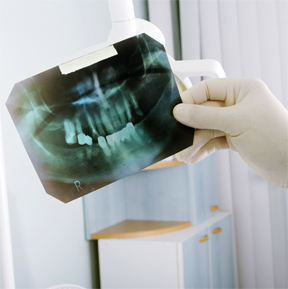| Study Demonstrates that Shift to Modern Diet Affected Oral Health |

|
 |
 |
| Wednesday, 20 February 2024 11:15 |
|
A new study of human teeth over the last 7,500 years has revealed that oral bacteria diversity dropped markedly with the introduction of farming and manufactured food, and processed sugar in particular. The scientists believe that this contributed significantly to the development of chronic oral diseases in post-industrial lifestyles In the study, a team of international researchers at the University of Adelaide’s Australian Centre for Ancient DNA extracted DNA from dental calculus (calcified dental plaque) removed from the teeth of 34 prehistoric Northern European human skeletons. Through analysis of the DNA of bacterial cells preserved in the plaque, they found that the composition of oral bacteria first changed when humans became farmers about 10,000 years ago, which resulted in the adoption of a carbohydrate-rich diet. More recently, the diversity of oral bacteria again decreased dramatically when processed sugar and flour became widely available owing to the Industrial Revolution, explained Prof. Alan Cooper, study leader and director of the centre. Simultaneously, the number of bacteria associated with gum disease and dental caries, such as Streptococcus mutans, increased in the oral cavity, Cooper added “Oral bacteria in modern man are markedly less diverse than historic populations and this is thought to contribute to chronic oral and other diseases in post-industrial lifestyles,” he said. According to the researchers, early farming skeletons showed a range of pathologies associated with dietary shifts compared with the last hunter-gatherers, including a marked reduction in average height and increases in diseases such as arthritis and tuberculosis “The modern mouth basically exists in a permanent disease state,” Cooper concluded Although the importance of microbes for human health is increasingly recognized, the impacts of evolutionary changes on oral microbiota have remained largely unknown to date owing mainly to a lack of sufficient technology. Cooper has been working on the project for the past 17 years. This study is the first to demonstrate that DNA survives within dental calculus for a long period and accurately reflects the oral bacteria present in the mouth of an individual during life, Cooper said The study, titled “Sequencing ancient calcified dental plaque shows changes in oral microbiota with dietary shifts of the Neolithic and Industrial revolutions”, was published online on 17 January in the Nature Genetics journal ahead of print. |





 Dental Health
Dental Health